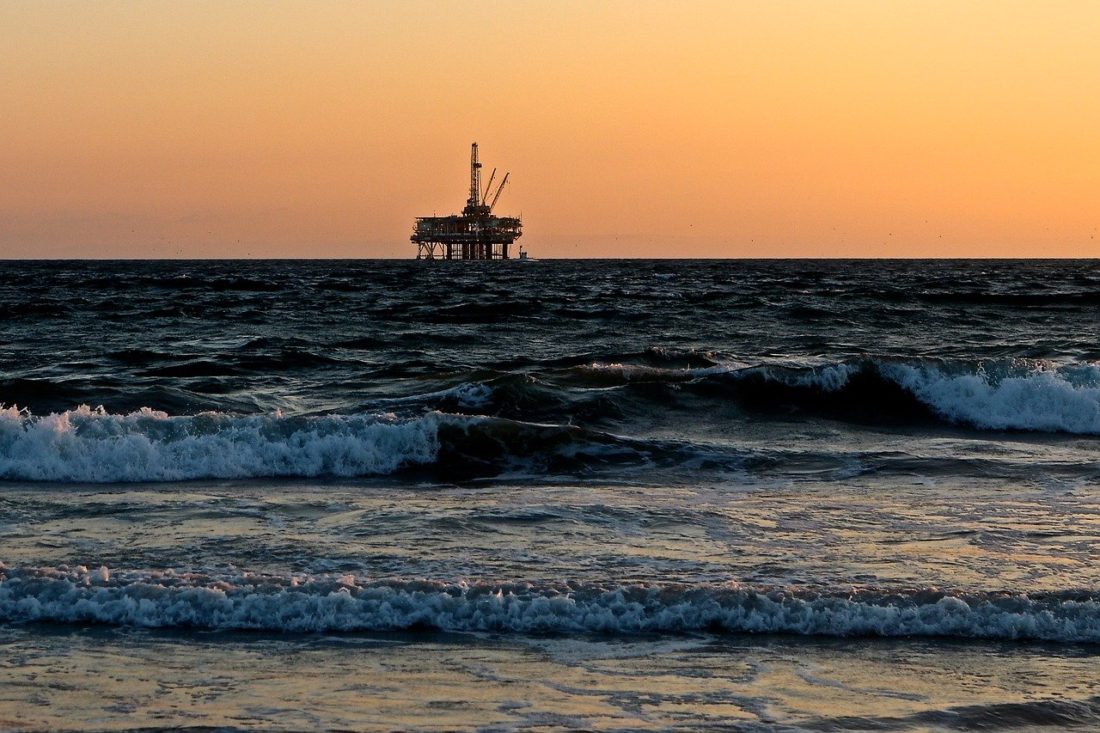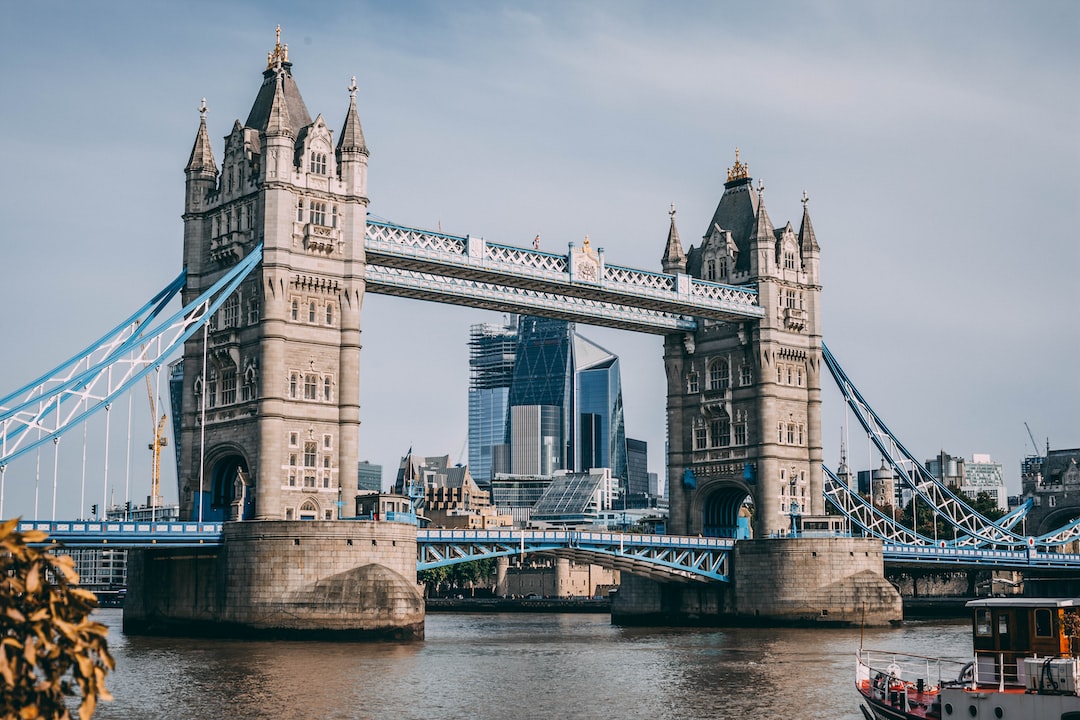6 Times Operator Error Caused Massive Oil Spills
 In the 1970s, there were an average of 24.5 large oil spills each year. In the 2010s, that number dropped to around two. It’s not just large oil spills that are on the decline. Medium sized spills (7-100 metric tonnes) have also been decreasing in number despite a worldwide increase in petroleum and gas production.
In the 1970s, there were an average of 24.5 large oil spills each year. In the 2010s, that number dropped to around two. It’s not just large oil spills that are on the decline. Medium sized spills (7-100 metric tonnes) have also been decreasing in number despite a worldwide increase in petroleum and gas production.
While the frequency of spills has been declining, so has the amount of oil spilled per incident. It should be noted that not all spills involve tankers carrying crude oil across the sea. Many spills occur on land and are caused by leaks. Although some spills have been caused by malfunctioning parts, in most cases, human error has been at the root.
Here are 6 instances where human error has caused an oil spill/disaster in the last several decades.
Table of Contents
1. A fleet management company using the wrong couplers
Stucchi USA published several case studies on how they’ve helped eliminate oil spills with better fitting hydraulic connectors. One case study documents a fleet management company that was using manual poppet couplers that caused hydraulic lines to cross. With these couplers in place, operator errors were causing oil spills that not only impacted delivery schedules, but were also harming the environment.
Stucchi helped the company identify the source of the problem and switched to multi-coupling plates for connecting hydraulic pumps to the PTO and trailer combo. This move eliminated the challenges of loading and offloading that were contributing to the oil spills.
2. The Lakeview Gusher in 1910
In March of 1910, a team was drilling for oil in a particular area for a while and had gotten a bailer stuck down in the well. When the team managed to get the bailer loose, they noticed it was covered in oil. They continued using the bailer. When the team heard a loud roaring coming from underground, they knew something was wrong and ran from the site.
Oil began gushing out at a height of 200 feet (possibly more) and the team did everything they could to contain it. NPR ran an interview discussing the incident and explained that the oil continued gushing for 18 months until it died down on its own.
3. The SS Atlantic Empress in 1979
On July 19, 1979, two VLCCs – the Aegean Captain and the Atlantic Empress – collided in the Caribbean about 10 miles off Tobago. Visibility for both ships was poor because of a tropical rainstorm.
When the ships were about 600 yards apart, the captain of the Captain changed course to avert a collision. However, it was too late. The collision killed 26 Empress crew members and one Captain crew member.
The Atlantic Empress leaked about 287,000 metric tonnes of oil into the sea. Unfortunately, no impact studies were performed to know how much oil burned vs. how much oil sank.
While the collision was understandable given the poor visibility, if the ships had been in communication, they would have known their paths might cross. So, while this spill wasn’t directly caused by human error in the physical sense, the absence of communication played a major role.
4. The BP oil spill
Finally, the 2010 BP oil spill has been officially attributed to human error. The company was found to have ignored human performance issues and organizational factors that directly contributed to the spill. For instance, the pressure test performed should have uncovered problems with the drill, but instead, the test was declared a success. Additionally, the rig’s real-time data monitor showed increased pressure that could have given workers more time to respond, but that data was either unseen or ignored.
5. The Kolva River spill
In 1994, a corroded oil pipeline in the Arctic ocean caused a massive breach that spilled 84 million gallons of crude oil into the Kolva River. The surrounding environment was contaminated with the oil, including 186 square kilometers of wetlands and tundra.
6. The Persian Gulf War oil spill in 1990
This well-known massive oil spill was caused intentionally by Iraqi forces that set fire to hundreds of oil wells in Kuwait. The wells burned for months nonstop. The Iraqi forces had dumped between 380-520 million gallons of oil into the Persian Gulf by the time the war had ended.
Oil spills and disasters have far-reaching consequences
Whether an oil spill happens naturally, by natural disaster, or human error, the consequences are dire for the earth and wildlife. Unfortunately, these are just some of the oil spills that have occurred in the last several decades. However, the trend of declining spill frequency makes the future look more hopeful.









